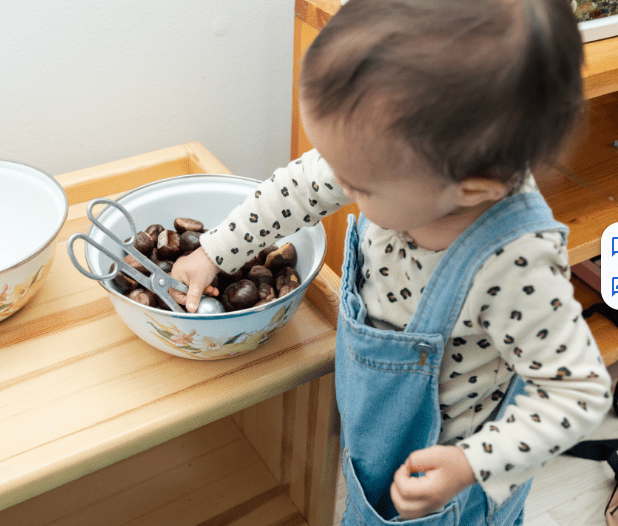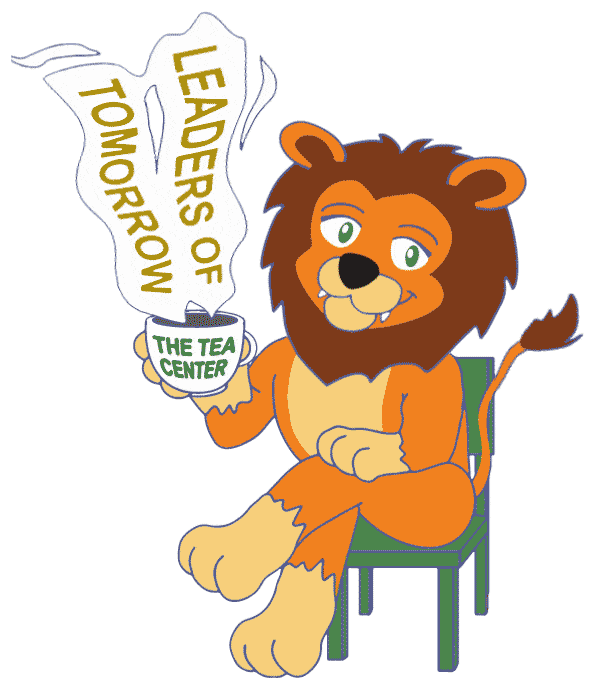The Significance of Fine Motor Skills
Fine motor skills are essential for young children’s development, involving the coordination of small muscles in the hands and fingers. These skills are critical for everyday tasks like holding utensils, tying shoelaces, and writing. Engaging activities support both cognitive and physical growth, setting the foundation for future success.
Age-Appropriate Milestones
-
- Infants (0-6 months): Begin with reflexive movements, transitioning to intentional actions like grasping objects using the palmar grasp.
- 6 Months: Develop pincer grasp, using thumb and forefinger to pick up small objects, a skill that supports self-feeding.
- 1 Year: Toddlers improve their grasping abilities, stacking blocks and flipping pages in books.
- 2 Years: Children advance in dexterity, stacking smaller objects and drawing.
- 3-5 Years: Preschoolers refine skills like cutting with scissors and drawing shapes, building a strong foundation for academic tasks like writing.

- Pincer Grasp Games
Engaging children in activities like picking up small objects or threading beads helps refine the pincer grasp. This foundational fine motor skill prepares them for tasks like writing and drawing. Games focusing on precise hand movements are both fun and crucial for their development. - Finger Painting and Handprint Art
These artistic activities are not only enjoyable but also enhance hand-eye coordination, finger control, and muscle dexterity. Finger painting allows children to explore different textures, boosting creativity while developing fine motor precision. - Building with Blocks
Block play is a versatile activity that strengthens fine motor skills, hand-eye coordination, and spatial awareness. By stacking and balancing blocks, children refine their control over hand movements while also developing problem-solving and creativity. This activity lays the groundwork for more complex skills like writing and drawing.

- Sensory Bins for Tactile Exploration
Sensory bins filled with materials like rice, sand, or fabrics promote tactile exploration and help children develop grip strength and finger coordination. The sensory-rich experiences stimulate cognitive and emotional growth while supporting fine motor development.
At The T.E.A. Center, we provide a nurturing environment designed to foster the development of fine motor skills through engaging activities and expert guidance, ensuring your child’s growth at every stage.


